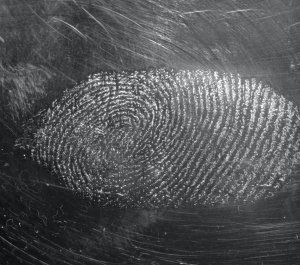
A Broad Base of Knowledge
The criminal justice program—which includes more than 100 undergraduate and graduate courses in research methods, crime prevention, constitutional issues, white-collar crime, police organization, and management—prepares students for challenging careers in a variety of fields.

Criminal Justice, B.S.
Criminal justice majors focus on the causes, definition, and prevention of crime, as well as the legal process criminals go through and how they might be rehabilitated.
Criminal justice majors may study law, justice, public administration, crime statistics, sociology, psychology, and even philosophy. The department offers three concentrations for students who would like to specialize in a particular field.
First-year students can be admitted as criminal justice pre-majors after completing a minimum of 12 credit hours with a minimum cumulative GPA of 2.5.

Criminal Justice Combined Pathway, B.S. and M.S.
Enrollment in a combined pathway allows highly qualified, current SUNY Buffalo State students to work on the master of science in criminal justice while completing the bachelor’s degree. Up to 12 credits of designated master’s courses are incorporated into the bachelor’s degree program and will count toward both the bachelor’s degree and the master’s degree.

Criminal Justice, M.S.
This program integrates theory, research, and practice that are grounded in the social sciences. The academically rigorous curriculum prepares students for leadership positions in professional criminal justice fields or for advanced graduate study.
Program graduates have a broad base of knowledge in criminal justice and related disciplines; academic skills in critical thinking, conceptualization and analysis; and an in-depth understanding of the complexities of decision making, policy implementation, and planned organizational change in criminal justice.
9 Crs/Semester Academic Roadmap (PDF)

Minors
Minors with CRJ Courses
Africana Studies • Forensic Anthropology • Intelligence Analysis • Legal Studies • Women and Gender Studies
Complementary Minors
Biology • Business Economics • Chemistry • Computer Information Systems • Deviance • Economic Policy Analysis • Environment and Society • Environmental Science • Ethics • Geographic Information Systems • Indigenous Studies • International Economics • International Relations • Leadership • Political Science • Psychology • Safety Studies • Social Welfare • Sociology • Spanish • Speech • Urban and Regional Planning • Urban Civil Education • Writing

